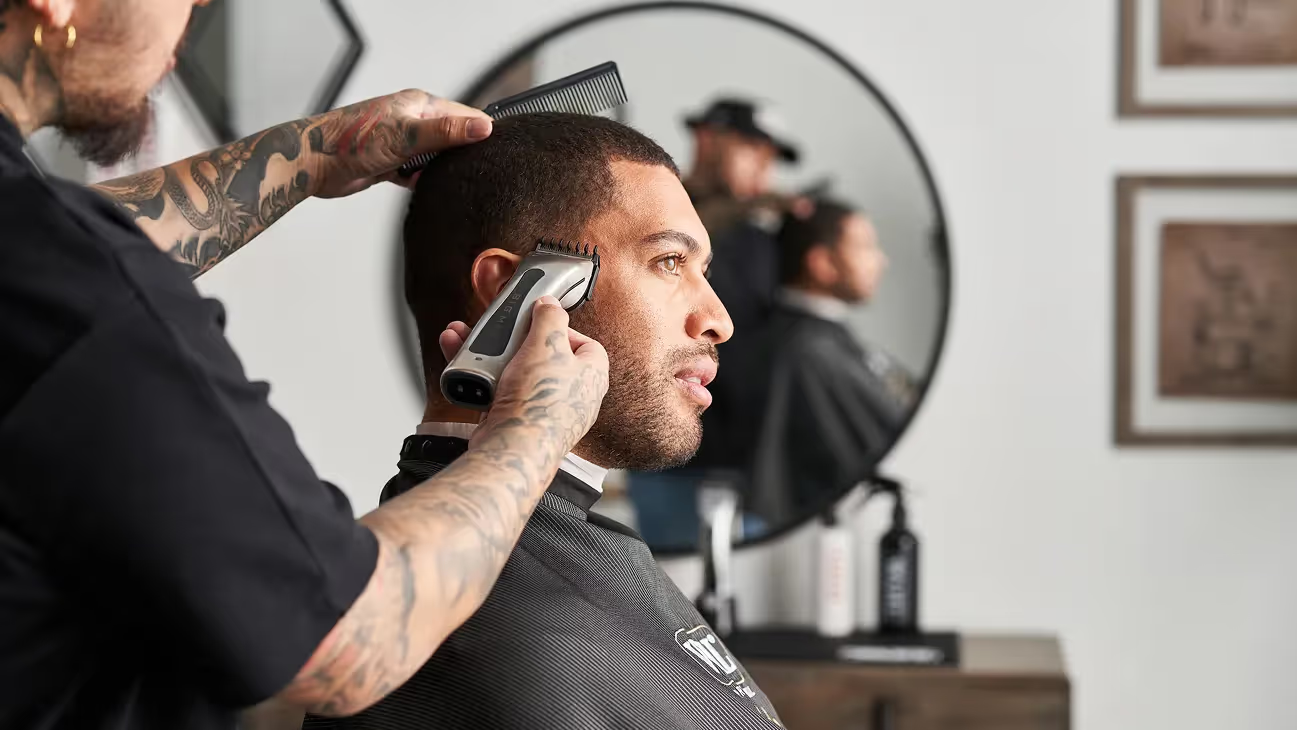“Black Hat“ Tactics Hurt Your Amazon Sales. Here's How to Fight Back.
Black Hat tactics like fake reviews and counterfeit goods hurt honest sellers. Pattern's Amazon experts explain what you can do to protect your brand.
What are Black Hat Tactics, and are they hurting your Amazon sales? As both a first and third party seller with experience driving Amazon sales for companies small and large, I have seen sales impacted by several of these techniques and have learned tactics to protect my listings.
Below I will explore what five of the most common Black Hat Tactics are, why these tactics are used, and how they can be reported. I do not endorse these tactics in any way and highly discourage anyone from doing them. I feel it is essential to discuss these tactics more publically so that Amazon takes greater action against them.
BIG 5 BLACK HAT TACTICS:
- Review Sabotage: Hiring people to leave critical reviews of another seller or competitive product and then voting those reviews as being helpful, making them the most prominent feedback seen by shoppers. Freelancers can be hired for as cheap as $5 an hour to do do this. This tactic can drive down the overall rating of a product, or influence the reviews that show up as most helpful on a detail page. Example: A product may have a 4.6-star rating with hundreds of reviews, but shoppers will first see a string of negative one-star reviews on the detail page.
- Fake Reviews: Amazon implemented a Ban on Incentivized Reviews in October 2016, but this has not stopped bad actors from continuing to manipulate community reviews on Amazon. Incentivized reviews often do not show a verified purchase flag next to the reviews, but what about people who pay in full and are incentivized through other means? I have personally been offered a visa gift card that would pay for the product as well as an added bonus of $3, $5, or even $10 when leaving a 5 Star Rating for a product. Craigslist has posters offering $10 through PayPal for each $5-star review. Upwork.com has several people who offer to "upvote" reviews on Amazon.
- False Trademark Infringement Claims: Amazon has a large sensitivity toward counterfeits. Some merchants are willing to game the system by filing false trademark infringement claims against competing merchants, which can push a legitimate business to be suspended in Amazon's "guilty-until-proven-innocent" vetting system. Even if the target has selling privileges reinstated, the process can take days or weeks where sales are lost and giving time to the competitor to capture the market share. A simple search on seller forums shows that this is very widespread.
- Draining Ad Spend: Hiring people and using bots to repeatedly click and drain ad spends of competitive products. This can lead a brand to think that certain campaigns aren’t working and altogether stop bidding on the terms.
- False Product Claims: Hiring people to buy products from competitors and then return the product, stating that it contains a banned ingredient or is a regulated product. This potentially results in a product receiving an andon cord (suppressed detail page & buy box.) Recently saw this with products being called out as having naproxen. The listing was suppressed on Black Friday and after several support tickets was reinstated 5 days later. Meanwhile, sales were lost during the most crucial time of the year.
WHY ARE THESE STILL HAPPENING?
Most of the reasoning behind why these tactics still take place on Amazon can be denoted by Amazon's monitoring and consequences found in Community Guidelines and Conditions of Use. The main reason why these tactics are still happening is the fact that there are HIGH rewards and LOW risk to sellers.
Consequences According to Community Guidelines: "Any attempt to manipulate Community content or features, including by contributing false, misleading, or inauthentic content, is strictly prohibited. If you violate our Guidelines, we may restrict your ability to use Community features, remove content, delist related products, or suspend or terminate your account. If we determine that an Amazon account has been used to engage in any form of misconduct, remittances and payments may be withheld or permanently forfeited. Misconduct may also violate state and federal laws, including the Federal Trade Commission Act, and can lead to legal action and civil and criminal penalties."
Individual Consequences: Consequences for individual users is pretty light. Individual users have a low barrier to create new/fake accounts. While Amazon attempted to deter people from creating multiple accounts and leaving reviews, the only real hurdle is their policy of mandating a $50 minimum spend through an account to actually leave a review. This is putting a quick stop toll booth on a freeway with no speed limit. It's an easy hurdle to pass and isn't stopping anyone, let alone companies willing to spend thousands upon thousands of dollars to push free product to people in exchange for a review. Outsourced individuals are near impossible for Amazon to track down, and there is little to no ramification to the individuals if their account gets banned.
Seller Consequences: The burden is on Amazon to prove that a seller is in violation of the terms. Thus, punishments are rare and only come when someone is blatantly rigging the system. Amazon doesn’t have a huge incentive to ban sellers. Most of these seller accounts are bringing Amazon hundreds of thousands, if not millions of dollars in revenue. Sellers have few barriers to creating multiple seller accounts, running all of these unapproved tactics through one, while leaving the other completely pure. This scenario reminds me of the Tour de France, where blood doping is against the rules, but the ones who are winning are doing it.
Amazon is NOT Regularly Reviewing Posted Content: In Amazon's Conditions of Use: Under Reviews, Comments, Communications, and Other Content, Amazon specifically states that they do "not regularly review posted content." Instead, Amazon hopes the community will monitor it for them. Amazon states this in Community Guidelines: "We encourage anyone who suspects that content manipulation is taking place or that our Guidelines are being violated in any way to notify us. We will investigate the concern thoroughly and take any appropriate actions." When you actually click on notify us, it takes you to Amazon's standard Customer Service Form Submission.
How Do We Stop Black Hats?
1. Monitor Amazon has put the burden on the community to monitor black hats. Use tools such as ReviewMeta to find listings with potential fake reviews (screenshot below.) Use Keepa to tell you how long a product has existed and monitor BSR.

2. Report Submit Customer Service tickets. Submit Vendor or Seller Case Support Tickets. Email your VM, SVS, CL or other contacts at Amazon.
- When filing claims against sellers, do the legwork to find the merchant seller ID. See Seller Active's Tutorial.
- When filing claims against reviewers, copy the permalink that Amazon provides.

3. Hold Amazon Accountable Continue to follow up until the offenders are punished. Above policies are accurate as of 12/1/2017.


.jpg)





.jpg)
.jpg)
